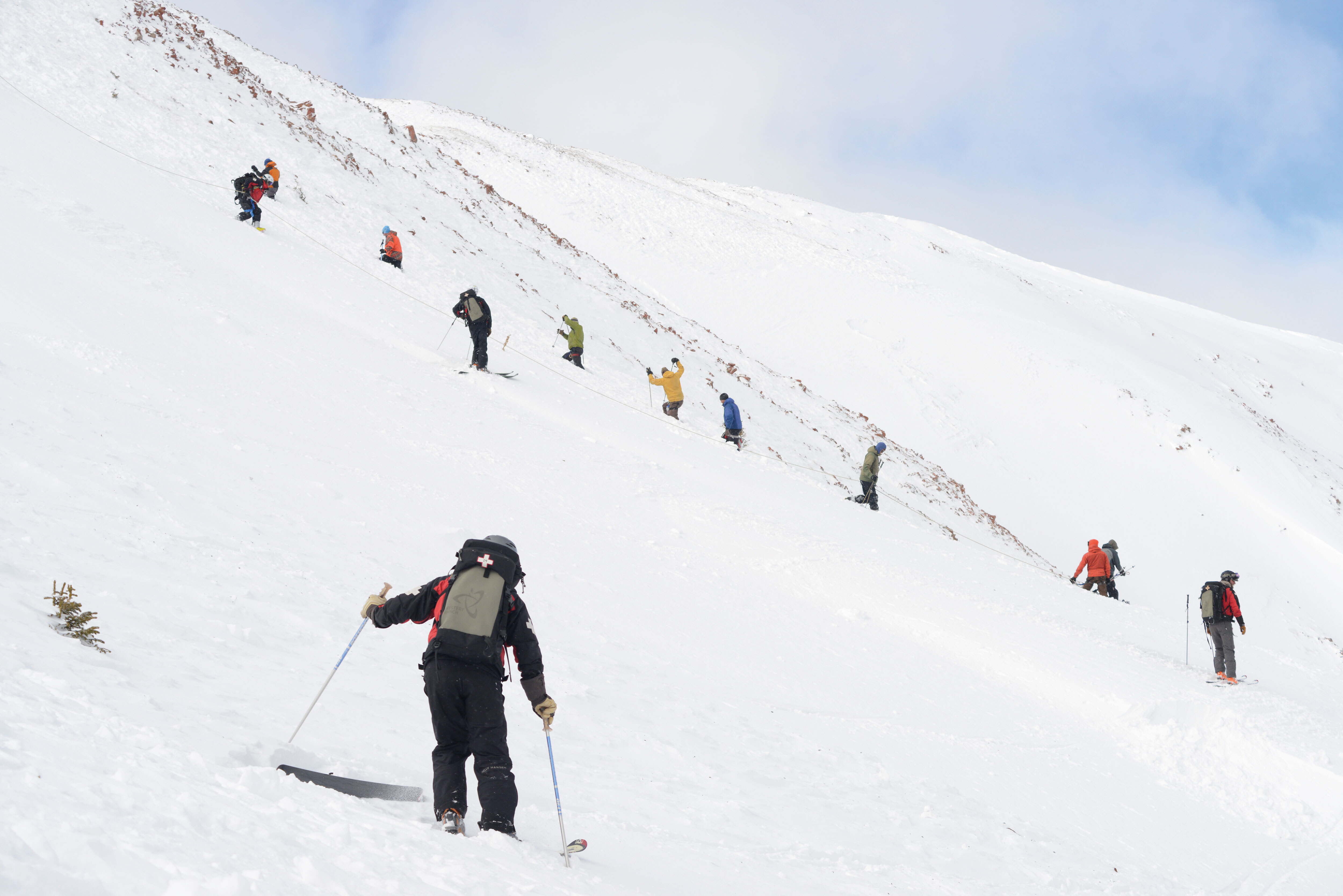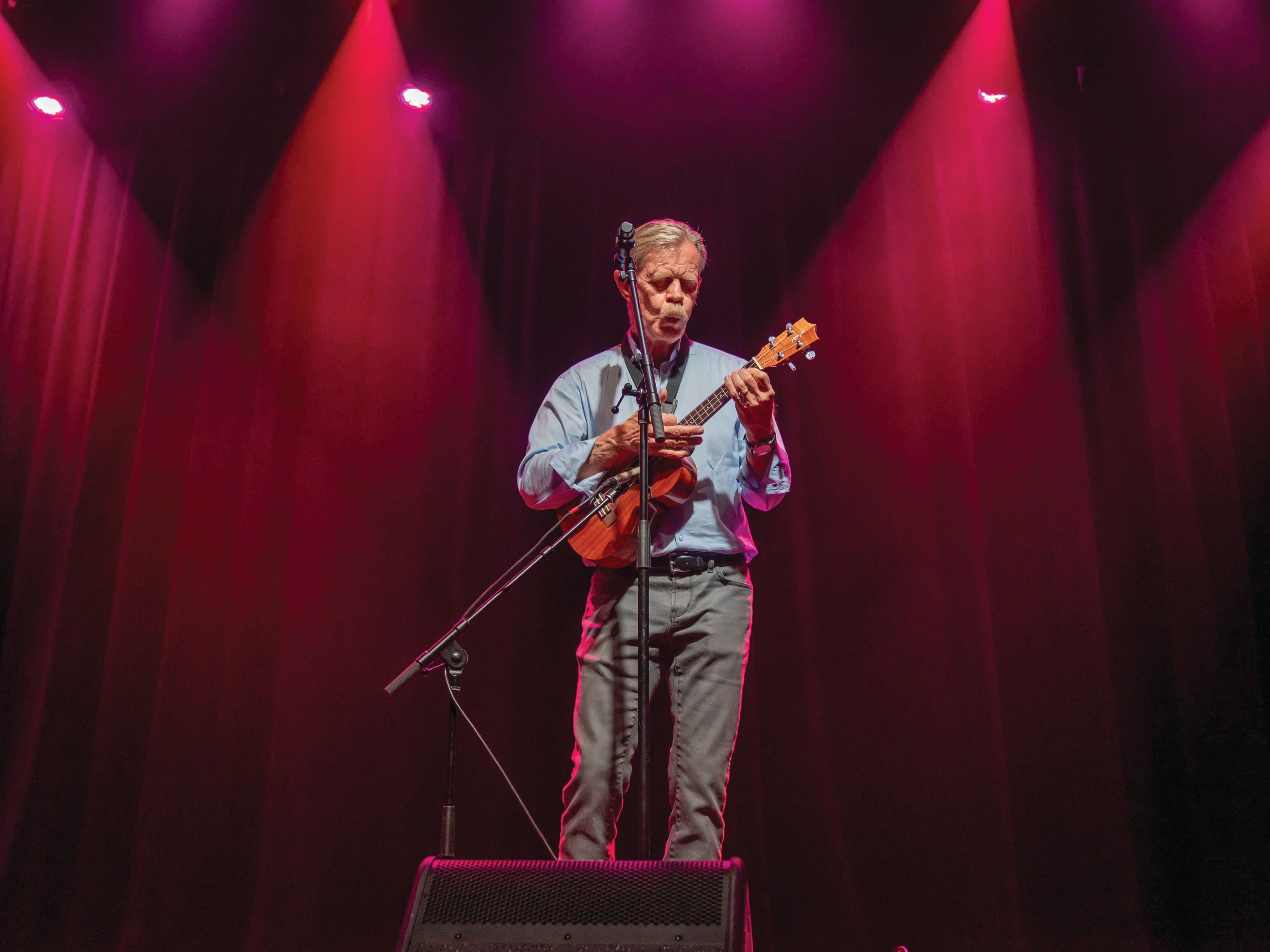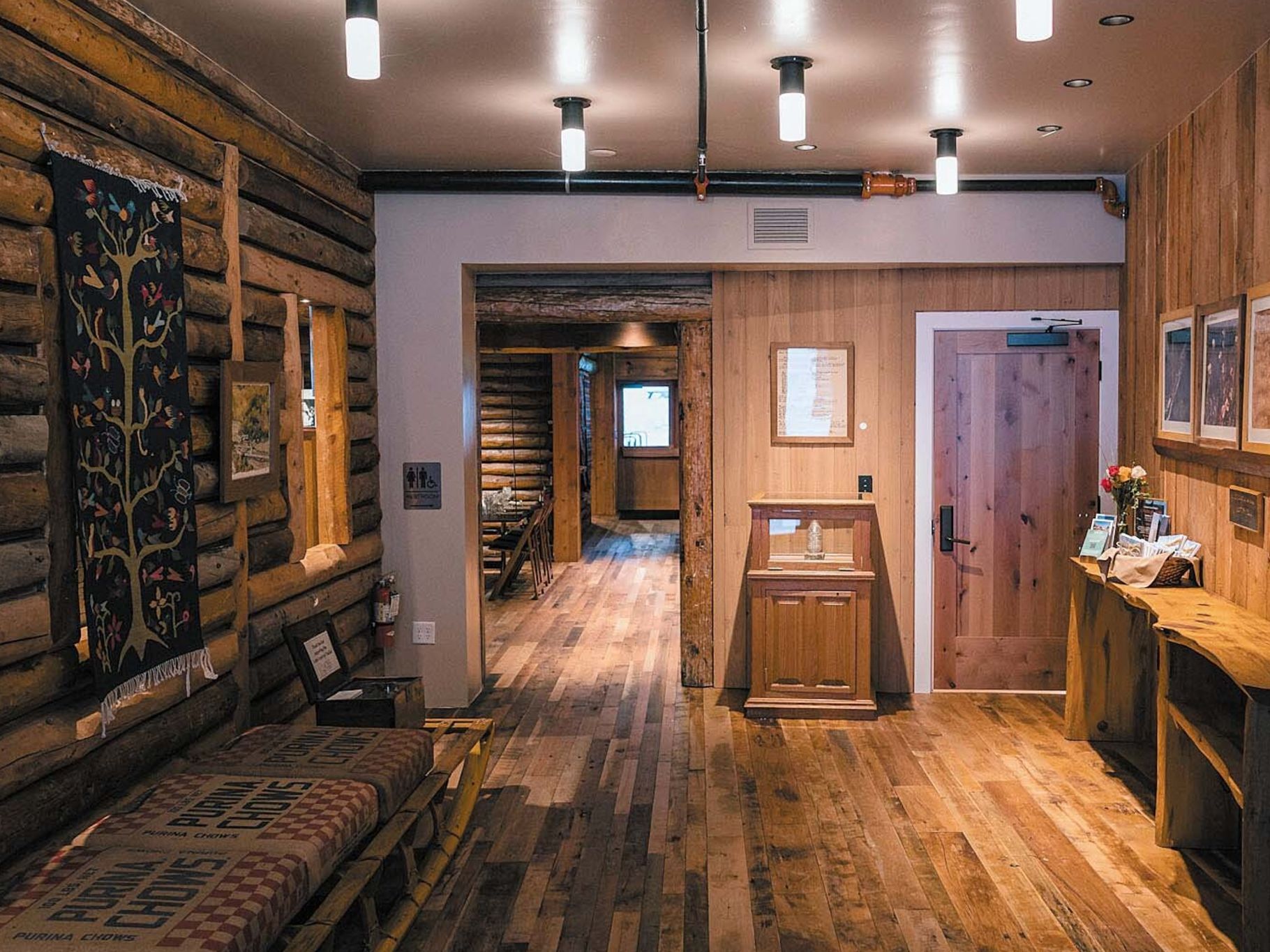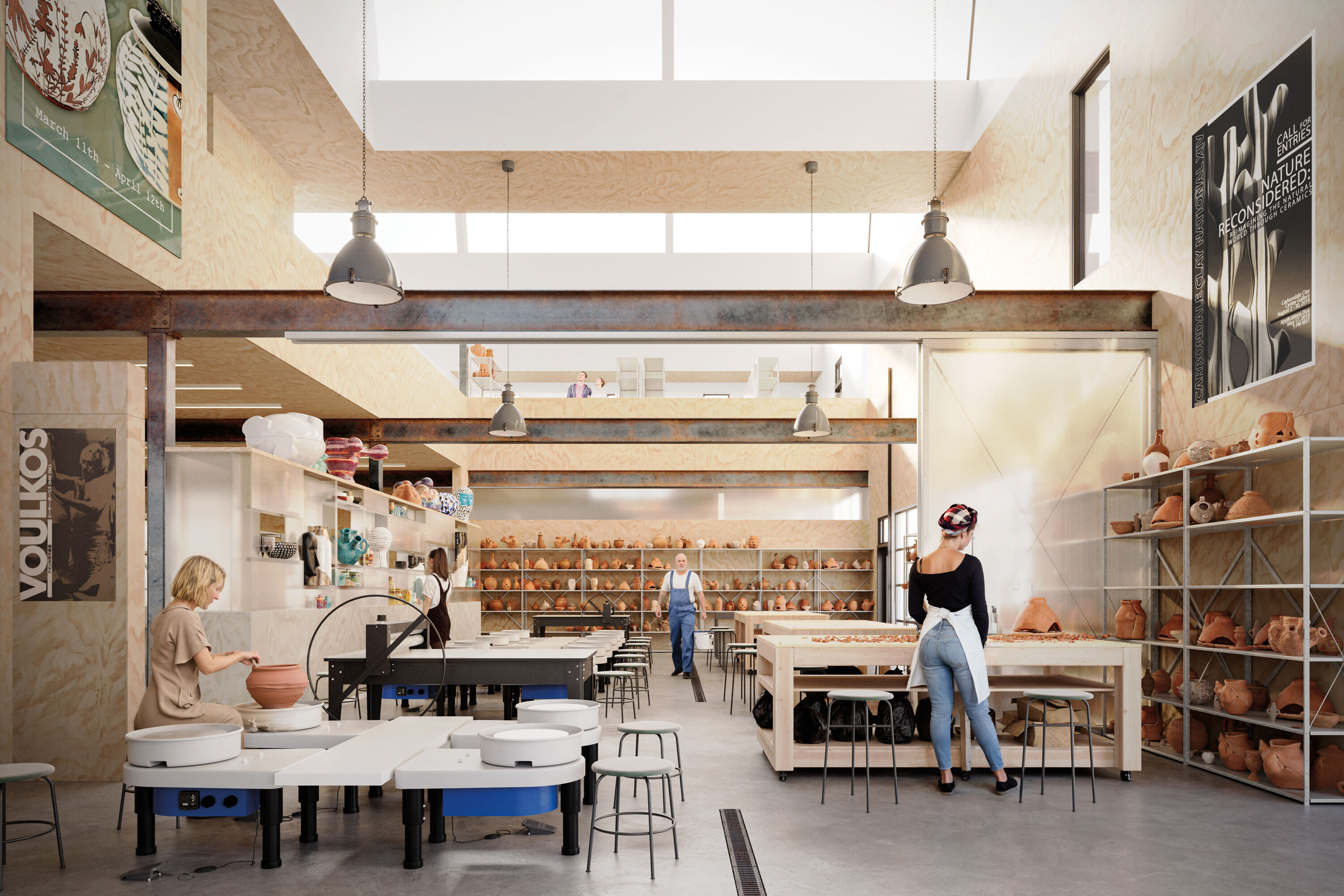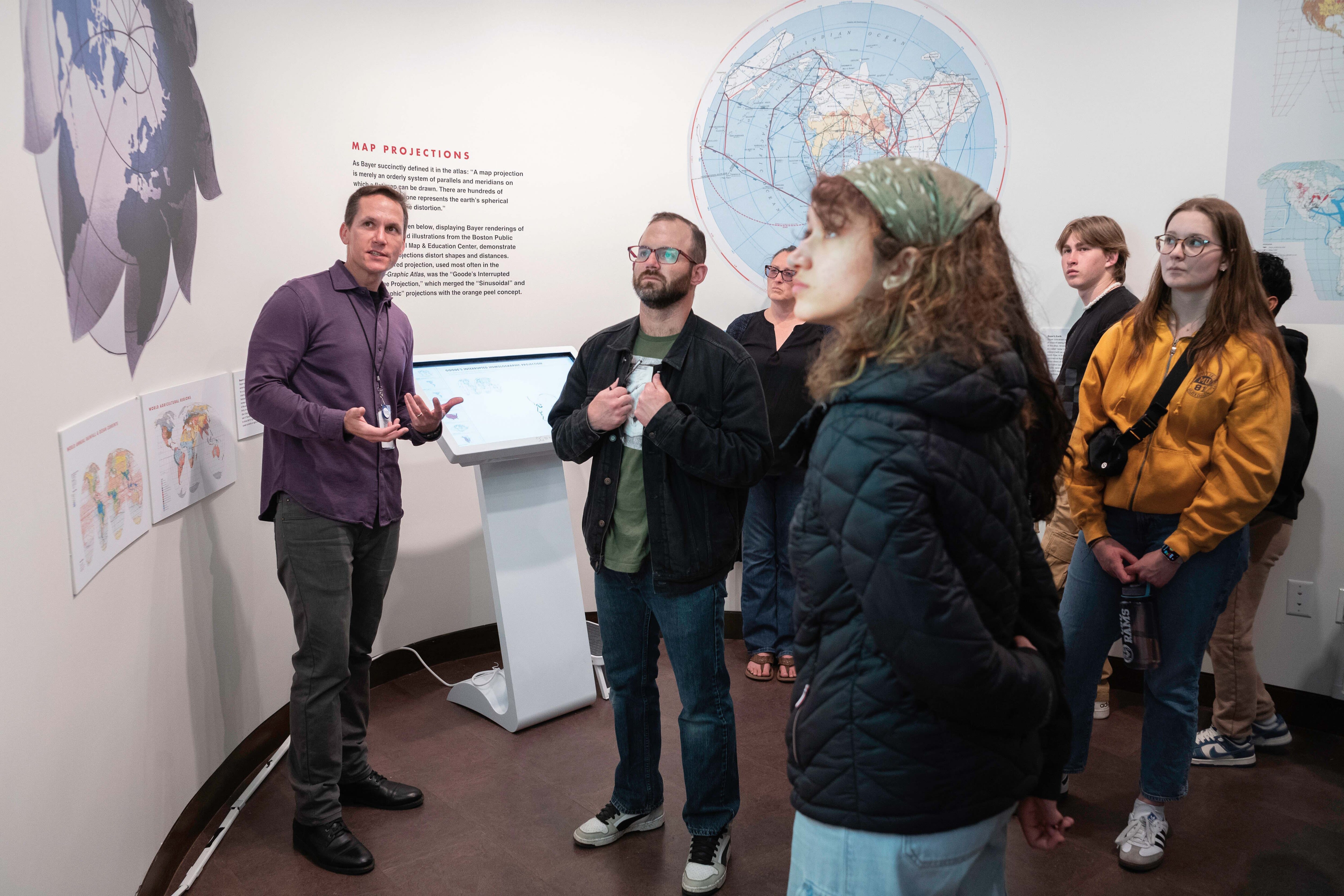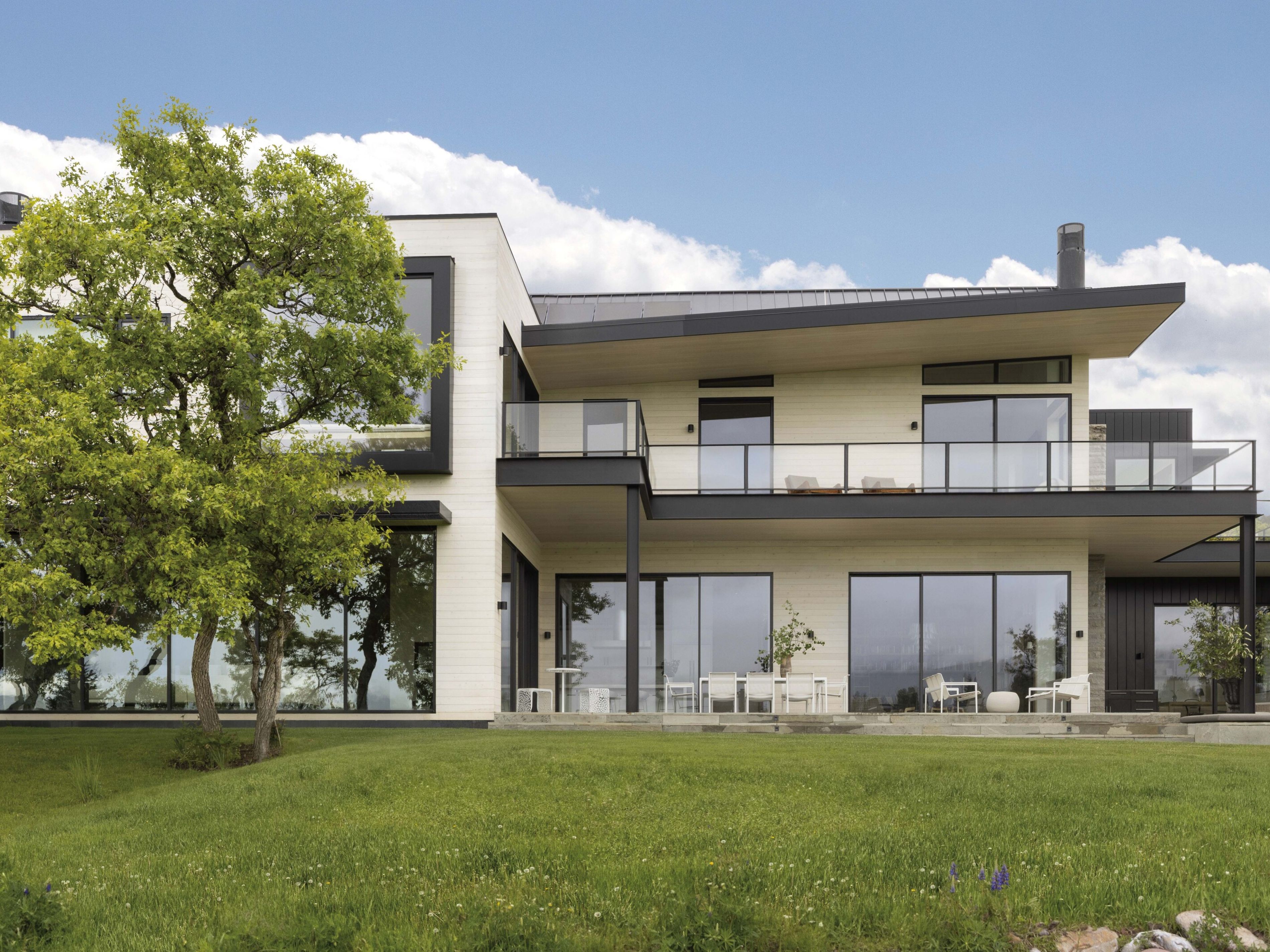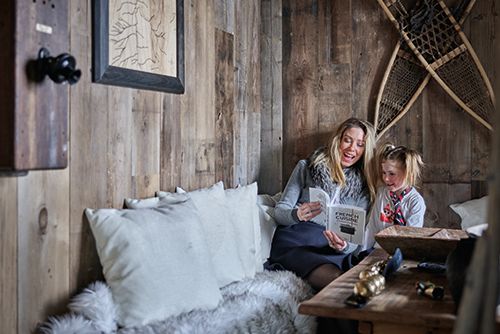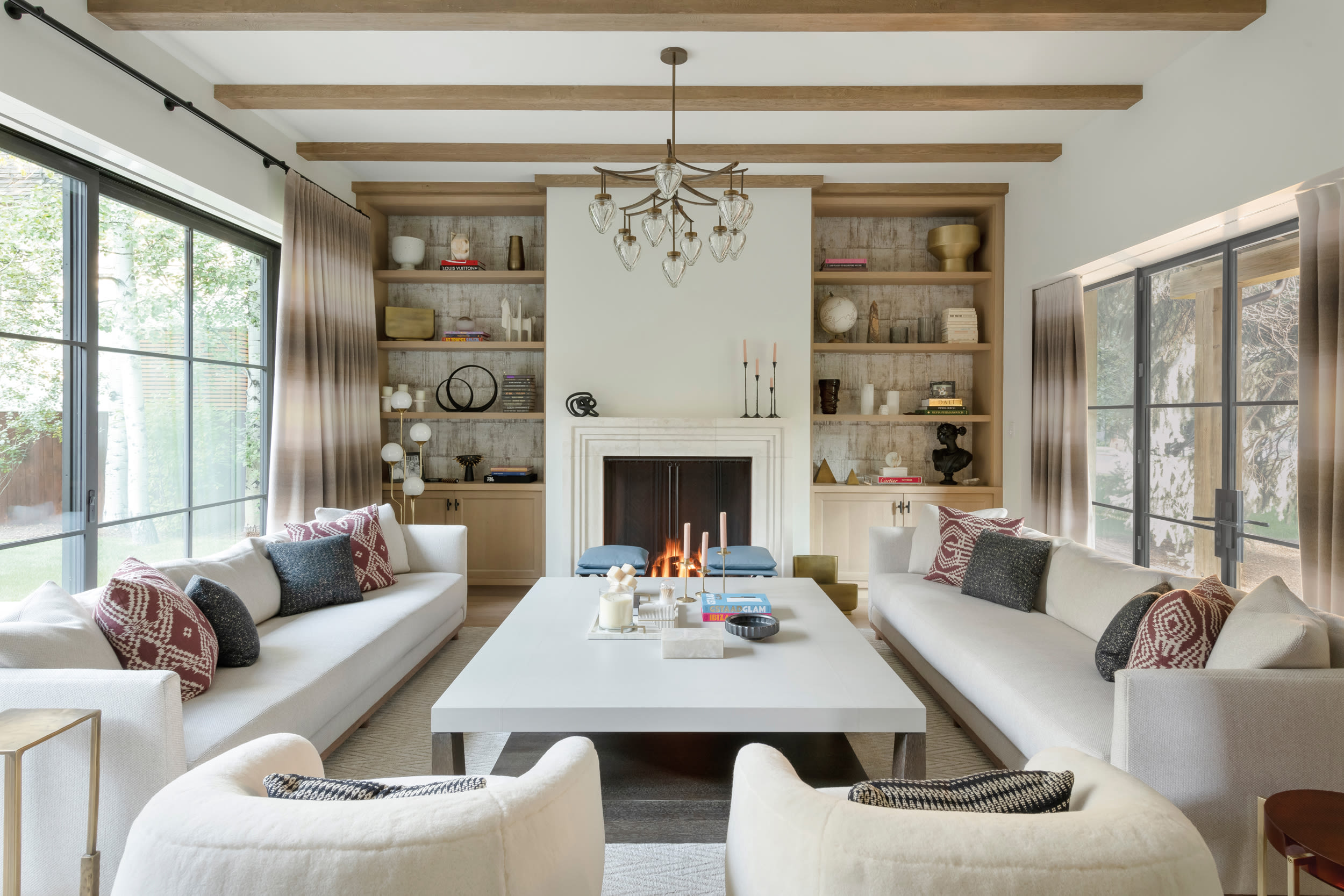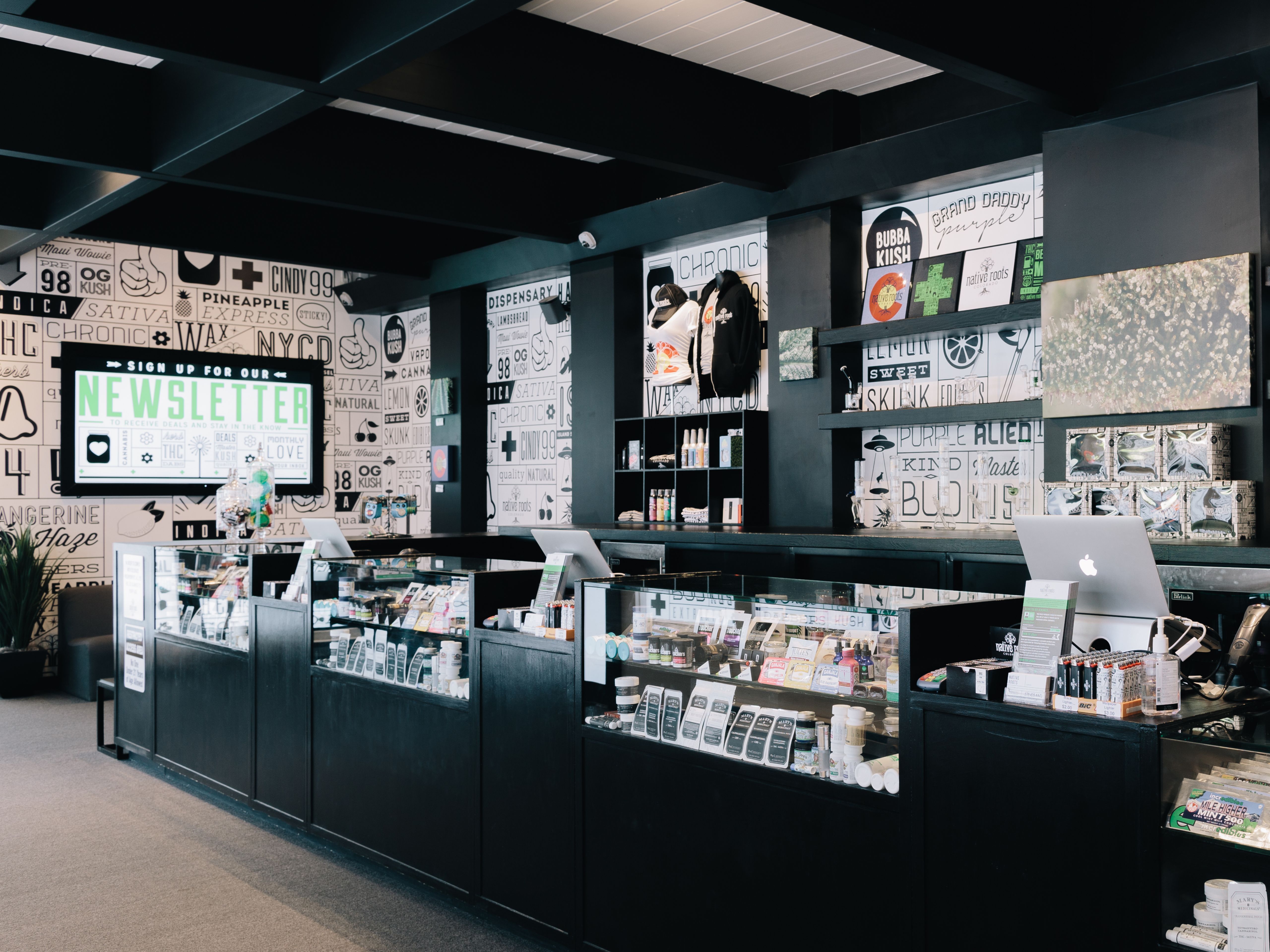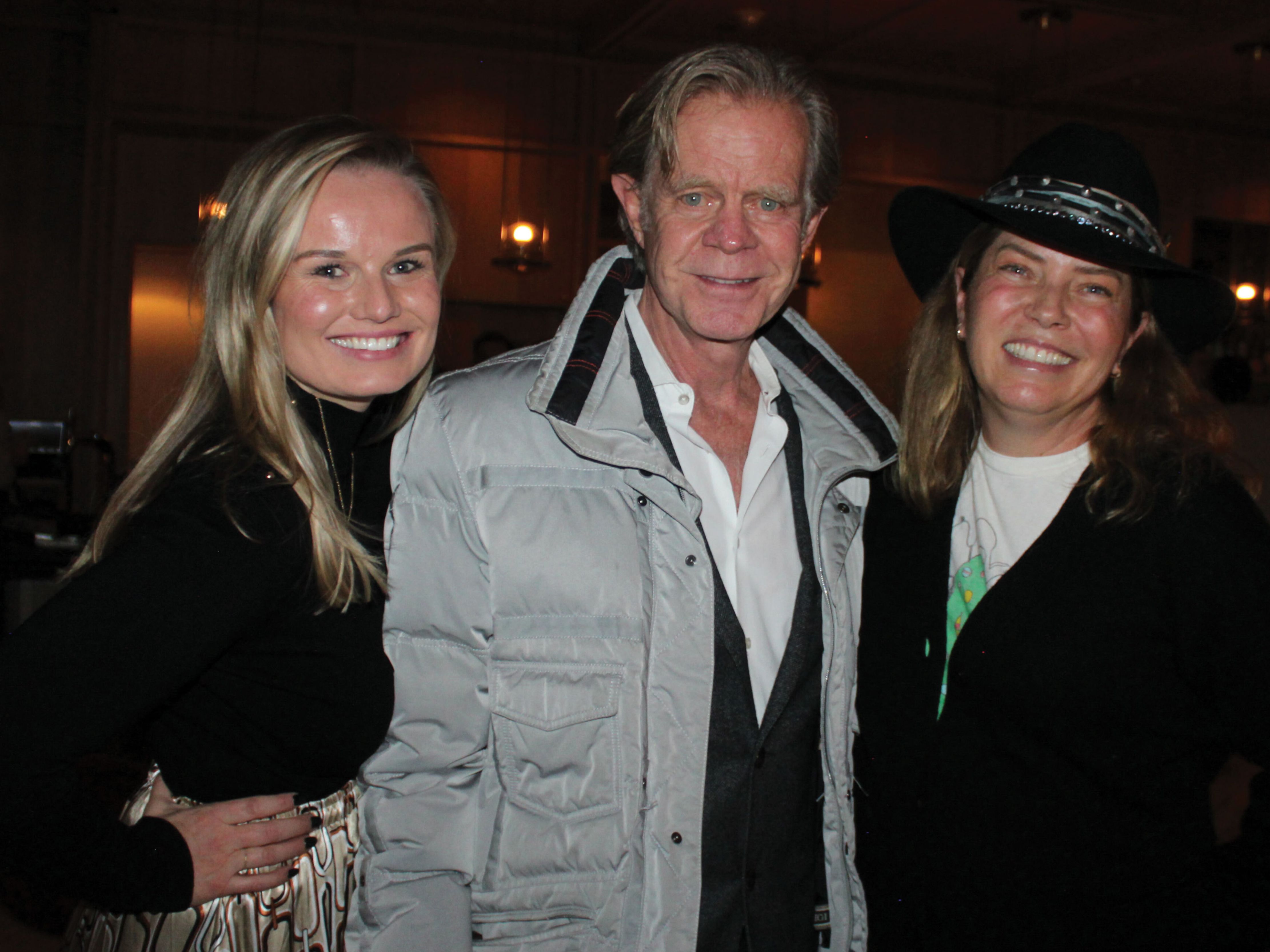The Perennial Pros and Cons of Aspen's Pop-Up Scene

Image: Valerie Petrone
When Natalia and Jeremiah Kapp were recently looking for a space in downtown Aspen to open Real, their exotic leather goods store, they narrowed it down to two options: a winter-only location in the heart of the downtown core or a long-term lease in a less visible space a block and a half away. Though the couple wants to operate in Aspen for the long haul, in the end they went with the prime pop-up space, which they’ll occupy until April. “We needed to be in a high-visibility location—otherwise nobody would know what we do,” says Natalia, as she explains the intricacies of producing bespoke handbags made of alligator and stingray skins.
Whether it’s taking advantage of Aspen’s busiest times without having to pay rent and other expenses through the off-season, testing the retail waters before committing long term, or, like the Kapps, sacrificing stability for a higher-profile storefront, the reasons for pop-ups differ. But together, these nontraditional leases—which tend to be in prime locations during the high season—have helped bring Aspen’s retail vacancy rate to all-time lows: less than 1 percent in the several blocks of the downtown core.
Veteran Aspen commercial broker Karen Setterfield estimates that pop-ups comprise around 30 percent of new retailers in town. The trend first arrived in Aspen during the Great Recession, when commercial vacancies were much higher than they are today. Now all the rage in big cities—as the traditional retail landscape shifts to accommodate online competition and consumers’ expectations of unique shopping experiences—pop-ups fill some unique gaps in our local retail landscape, notes Setterfield.
One hyper-local factor accommodating pop-ups is the planned remodel or replacement of several downtown buildings. Real, for example, is located in the Bidwell Building at the corner of Cooper and Galena; the owner won’t take new long-term leases, in anticipation of a complete teardown, possibly this spring. Fur store Denimaxx (a serial winter pop-up) occupies two other spaces in the same building, while British activewear brand Sweaty Betty has set up shop for the winter in a building awaiting renovation on Cooper Avenue.
Stores with short-term leases also find their way into new buildings, however. Outdoor Voices, another activewear brand, opened as a pop-up in the recently built Muse Building on East Hyman last summer and now plans to stay on an additional year. Designer clothing store Mr and Mrs Italy just debuted in the new Aspen Core Building one block west, with an 18-month lease, while another apparel brand plans to open in April with a 22-month lease.
“It seems like most cities are becoming more receptive to pop-ups and temporary leases,” says Outdoor Voices founder and CEO Tyler Haney, who initially opened all five of the brand’s stores as pop-ups and says she’s found great support in Aspen. “It’s nice to use a pop-up to test out a market—open up shop and see how people respond and react to it.”
D’Angelico Guitars CEO Brenden Cohen also decided to try out the Aspen market this winter. With stores in New York and LA, and a familiarity with Aspen from many years of visiting, he feels that D’Angelico—which has partnered with Jazz Aspen Snowmass to host events in addition to selling its namesake archtop guitars—fills a gap in the local market. He was lucky to find an already built-out space on Mill Street, and Cohen has every intention of staying if business warrants. “Either way, I’ll consider it a success,” he says. “If I’m here just six months, I’m happy. Best case, people support us and we stay longer.”
But for local year-round retailers, watching pop-ups cherry-pick the busiest times of Aspen’s highly seasonal economy can be frustrating.
Hayley Killam, who opened fitness studio CycleBar on Spring Street last summer, sometimes wonders if she should have gone the route of SoulCycle, which for the past two holiday seasons has popped up in the old Boogie’s building. Meanwhile, Killam paid rent for six months—without collecting a dime of revenue—as she readied her space for classes. “It’d be easier to offer classes for two weeks, make a bunch of money, and leave,” she says.
Yet, Killam adds, she ultimately enjoys being part of the year-round community, in which businesses mutually support each other, local clients, and employees.
Setterfield agrees that pop-ups are not as woven into the local community but admits that they add vitality and vibrancy to the retail scene. As for the benefit to the casual Aspen visitor? Notes Setterfield, “There’s lots of shopping!”







